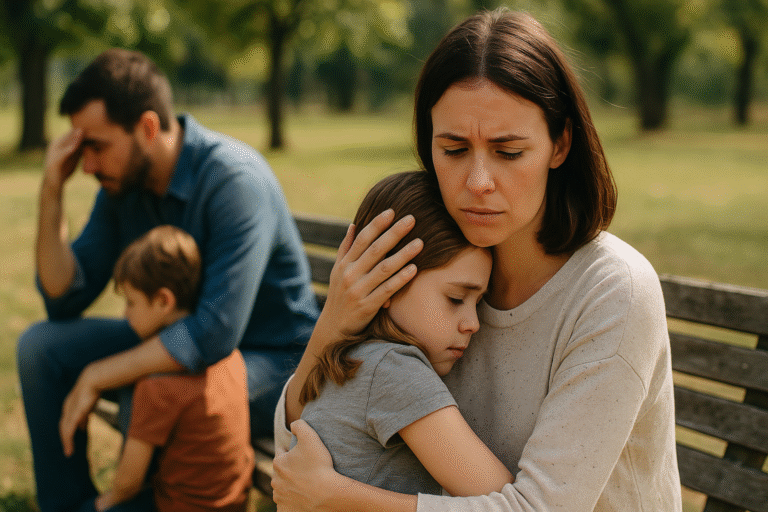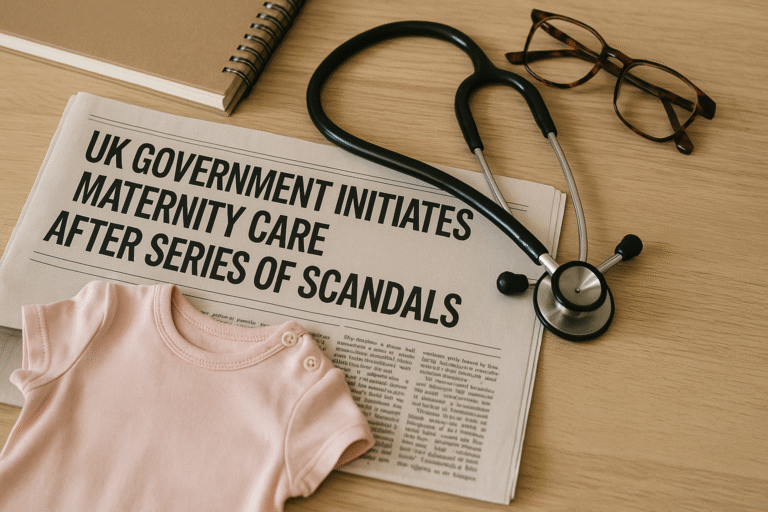The historic vote by the UK Parliament to decriminalise abortion and repeal Victorian-era laws represents a monumental shift in the landscape of reproductive rights within the United Kingdom. This decision aligns the UK more closely with contemporary international standards and underscores the changing societal attitudes towards women’s autonomy over their own bodies.
For more than a century, the UK had operated under restrictive abortion laws that were instated in the Victorian era. These laws deemed abortion a criminal act unless performed under very specific medical circumstances. At the core of these outdated regulations was the Offences Against the Person Act of 1861, which threatened women and healthcare providers with severe penalties for facilitating or undergoing abortion procedures outside narrow legal parameters.
This legislative leap towards decriminalisation is a reflection of long-standing activism and advocacy by women’s rights organisations, healthcare professionals, and public health experts who have argued for decades that safe and legal access to abortion is a fundamental health right. Evidence from countries with progressive abortion laws consistently demonstrates that when abortion is legal and accessible, there is a marked decrease in maternal mortality and morbidity rates. This is largely due to the reduction in unsafe, illegal abortions that often occur in environments lacking proper medical standards.
The implications of this historic change are profound. Firstly, it aligns the legal stance of the UK with other nations that recognise abortion as a healthcare issue, rather than a moral or criminal one. This alignment places an emphasis on safety, respect, and informed decision-making, anchoring these principles firmly in the realm of healthcare rather than that of criminal justice.
For healthcare providers, the repeal of these outdated laws relieves the moral and legal tension that has often accompanied the provision of abortion services. Doctors and nurses are now able to support their patients without the looming risk of legal repercussions under archaic statutes. This ensures that the focus remains on delivering effective care and counselling, tailored to the personalised needs of each patient.
Moreover, this legislative change is likely to influence the political and social discourse surrounding reproductive rights, not just within the UK, but globally. It sends a powerful message that society is increasingly willing to acknowledge and rectify systemic inequalities that have disproportionately affected women. The UK’s move could act as an impetus for other countries with similar lingering antiquated laws to scrutinise and reform their own legislative frameworks regarding reproductive health and rights.
Another significant beneficiary of this reform is the demographic of women who previously encountered barriers in accessing safe abortion services. Research highlights that restrictive laws around abortion disproportionately impact women from lower socio-economic backgrounds. These women often lack the resources to travel to jurisdictions with more liberal abortion laws or to afford private healthcare services. The decriminalisation and subsequent normalisation of abortion facilitate wider access to necessary healthcare and contribute to reducing health disparities.
Furthermore, decriminalising abortion has educational and societal implications. It promotes a more open dialogue about reproductive health in educational settings and public forums. Educators and health promoters can now engage in candid discussions about contraception, family planning, and sexual health, empowering individuals with the information they need to make informed decisions.
From an SEO perspective, this development provides a wealth of opportunities for raising awareness and educating the public through online content. Keywords such as «decriminalisation of abortion in UK», «Victorian-era abortion laws», «women’s reproductive rights», and «UK abortion legislation reform» are likely to garner significant attention and engagement. These terms not only enhance the visibility of related content but also help in directing those seeking information or support towards resources and communities that can assist them.
As with any significant societal change, this progressive shift is likely to encounter opposition. There are sections of society with deeply ingrained views against abortion on religious or ethical grounds. For these groups, the legislative repeal does not equate to an acceptance of abortion as a moral right. Dialogue and education will play critical roles in bridging the gap between differing perspectives, fostering an environment where nuanced conversations about women’s rights, ethics, and health can occur.
The historical repeal of Victorian-era laws by the UK Parliament is not merely about legal reform; it is a declaration of trust in women and their capability to make choices about their own bodies. It signifies a broader societal trust in healthcare professionals to provide compassionate, unbiased care and affirms the importance of protecting reproductive health rights as fundamental human rights.
Looking forward, it is essential to monitor the implementation of these changes and support the continued advancement of reproductive rights. Ongoing research and reporting will be crucial in assessing the impact of this legal shift on healthcare systems, societal norms, and individual lives. This is an ongoing journey toward equity, where recognition of and respect for personal autonomy are prioritised at every level of legislation and healthcare delivery.
In conclusion, the UK Parliament’s decision to decriminalise abortion by repealing Victorian-era laws is more than a legal adjustment; it is an acknowledgement of the complex realities faced by women and a commitment to ensuring that these realities are met with understanding and respectful, evidence-based healthcare. This legislative progression sets a hopeful precedent for continued evolution in reproductive rights and justice, inspiring a global movement towards safe, legal, and respectful abortion services.



